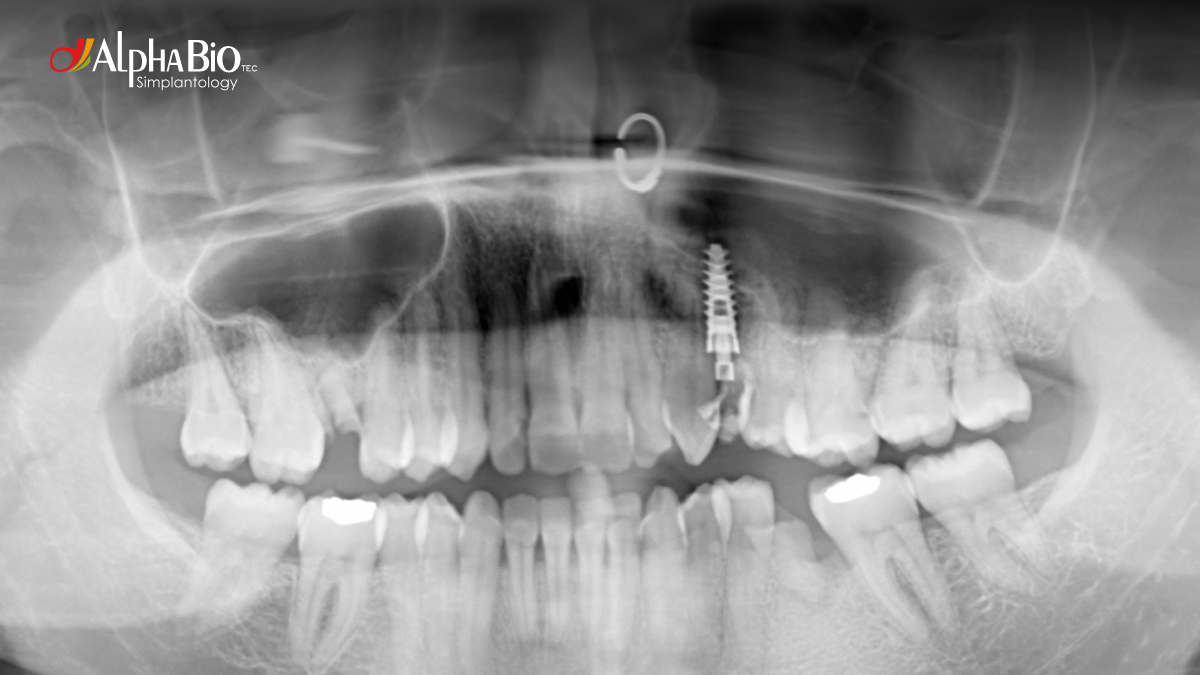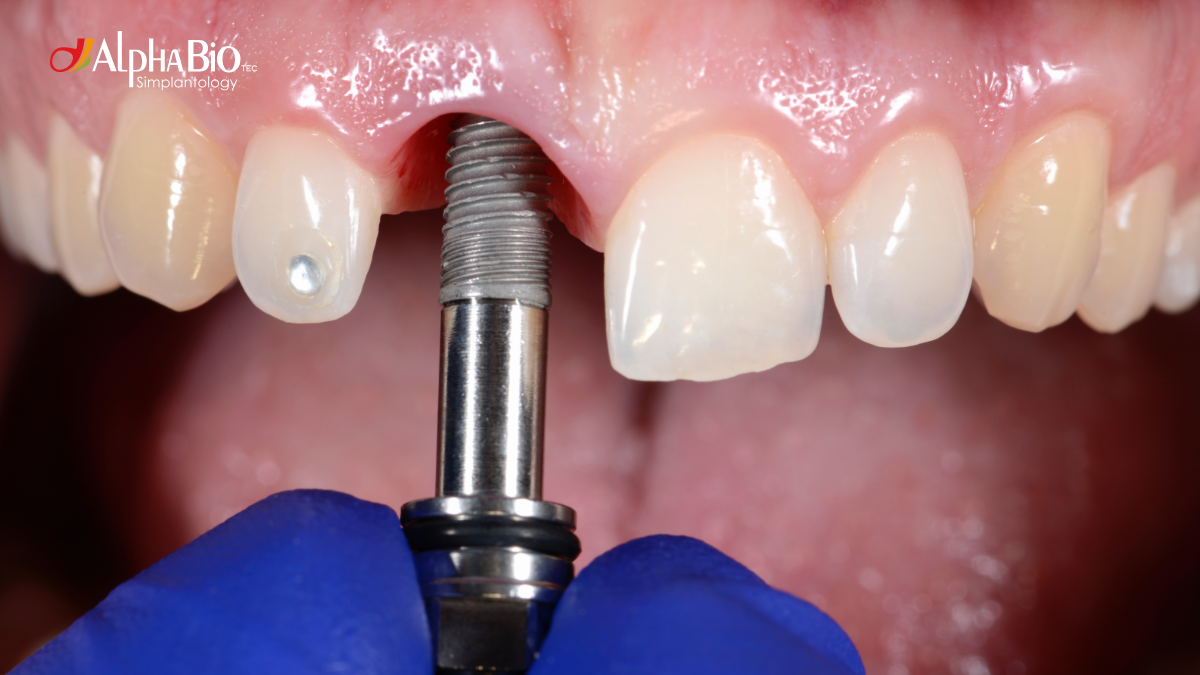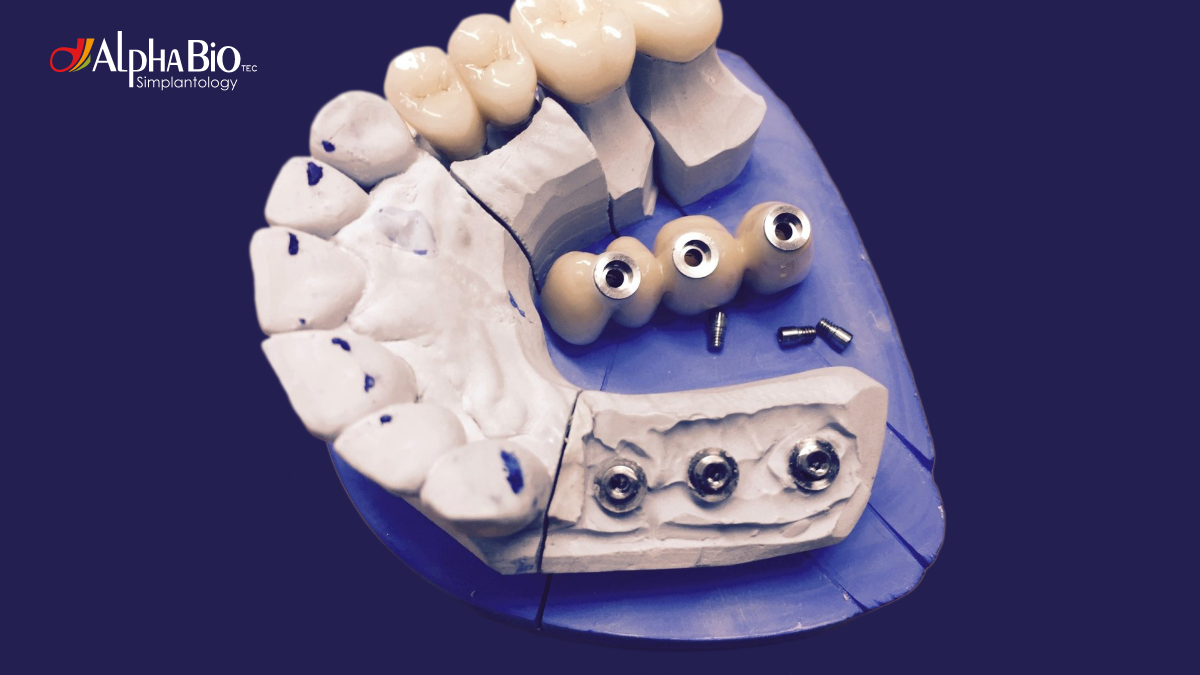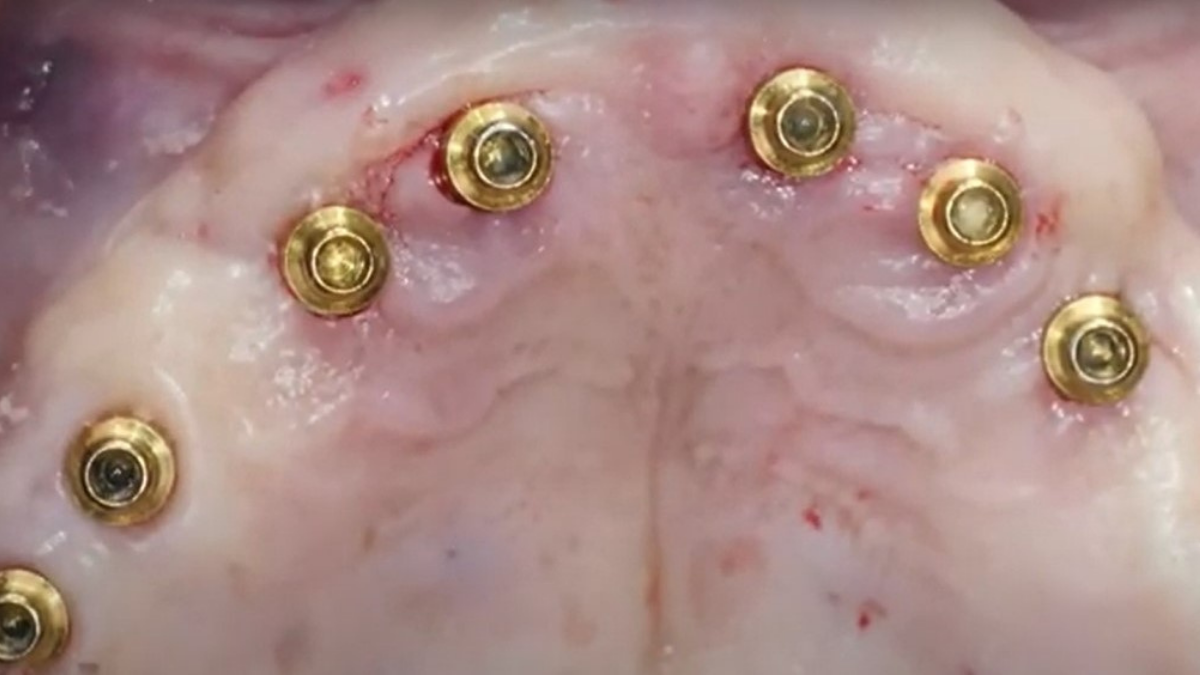Abstract
Immediate implant placement has increasingly enhanced the way dental practitioners conduct implants and provide patient care with predictable and aesthetic results. This method of implant placement offers an array of benefits for both the patient and the clinician, and can serve as a suitable solution for increased levels of patient satisfaction when clinically indicated.
The immediate implant placement is when an implant is placed immediately after the natural tooth is extracted. Keep reading to find out more about the benefits of immediate implant placement.
1. One Surgical Procedure
According to the traditional dental implant approach, implantation of a dental implant involves tooth extraction, temporary restoration, and if necessary, bone augmentation as well. In this procedure a number of surgical procedures are performed for each implant and at least two procedures per patient. Immediate implantation reduces treatment time to only one surgical procedure that can include extraction, bone regeneration, implant insertion, and restoring in the same procedure.
2. Less Morbidity
Immediate implant placement lessens the number of surgical procedures, shortens the duration of treatment and recovery, and eliminates the need for a temporary removable prosthesis. These factors directly and significantly reduce the pain associated with dental implants. Other benefits include less anaesthesia injections, less drilling, less pressure of the implant on the cortical bone, and less trauma to the tissue and the patient. This is a net profit for both the patient and the dentist.
3. Better Paitent Comfort

In the past it was thought that immediate loading of implants could damage the stability of the implant. Therefore, in the traditional method, it is customary to place the implants and suture the gingiva, wait a period of 3 to 6 months, then expose them and wait another month or so for the gingiva to heal before loading the implant. Many studies from recent decades have proven that immediate implantation is a productive and quality procedure whose chances of success do not fall short of those of traditional implant procedures. Thus, the duration of treatment is significantly shortened without having to wait several months for recovery of the extraction site.
4. Better hard and soft tissue preservation

Studies conducted in recent years show us that inserting the implant immediately together with ridge preservation techniques actually prevents the natural bone resorption after extractions and also prevents resorption of the soft tissue, especially when performing flapless surgery.
5. Better treatment acceptance
Many patients shy away from a lengthy dental implant process that involves a removable denture and with results that will only be seen after many months. Naturally, reducing the surgical procedures to one session, shortening the treatment time, and reducing the pain after the treatment make it very easy for the patient to accept the treatment plan in a positive way. This is a very reliable and predictable procedure that is suitable for a diverse audience of patients.
6. No need for removeable prosthetics

One of the most notable disadvantages of the traditional dental implant method compared to an immediate implant is the need for a temporary removable restoration during the waiting months between implant insertion and loading. Removable prosthesis impairs speech, impairs the ability to chew, and for many patients even impair self-confidence and may cause damage to the hard and soft tissues. Fortunately, immediate implantation and immediate loading saves the need for a removable prosthesis and thus removes a significant barrier from potential patients.
7. Immediate loading

The advanced technology and research knowledge we have today enables the high-quality and stable implant procedures to be possible, the results of which are maintained over time. All of these are achieved while reducing the number of surgical interventions and shortening the treatment time, which are manifested in the field in reducing the pain that the patient experiences after the treatment. This allows you to immediately load the implant and prevent the patient’s need for a removable temporary restoration.
Frequently Asked Questions About Immediate Implantation [or: The Entire Post in a Nutshell]
Immediate vs Traditional Tooth Implant: What's the Difference?
Traditional implantation involves tooth extraction, temporary restoration, and if necessary bone augmentation—requiring at least two surgical procedures per patient with a waiting period of 3-6 months. Immediate implantation reduces treatment to one surgical procedure that can include extraction, bone regeneration, implant insertion, and restoring in the same session.
[Source: Section 1 - One Surgical Procedure]
Tooth Implant Timeline: From Extraction to Final Restoration in One Procedure
Immediate implantation allows extraction, bone regeneration, implant insertion, and restoration to occur in a single surgical procedure during one visit, eliminating the traditional multi-month waiting period between stages.
[Source: Section 1 - One Surgical Procedure]
How Long Does Recovery Take After Immediate Tooth Implant Placement?
Immediate implant placement shortens treatment duration and recovery time by reducing the number of surgical procedures to one session. This results in less anesthesia injections, less drilling, less pressure on cortical bone, and less tissue trauma.
[Source: Section 2 - Less Morbidity]
What is the success rate of immediate implantation?
Studies from recent decades have proven that immediate implantation's chances of success do not fall short of those of traditional implant procedures. Modern technology enables high-quality, stable immediate implant procedures with results maintained over time.
[Source: Section 3 - Better Patient Comfort & Section 7 - Immediate Loading]
Related Blogs
Immediacy | Grafting & Biomaterials

Post-Implant Removal with Bone Regeneration And Immediate Loading Using Alpha-Bio Tec's MultiNeO™ implant
Guided Surgery | Digital Dentistry | Tips & Techniques

Guided Implant Surgery: A Step up from traditional solutions – What you need to know
Immediacy | Tips & Techniques

What type of dental implant is best for immediate implant placement
Education | Tips & Techniques

What do you need to know before you start - Implant Placement
Education | Overdentures | Tips & Techniques

Getting Started with Implant Prosthetics: What you need to know
Guided Surgery | Digital Dentistry | Immediacy





